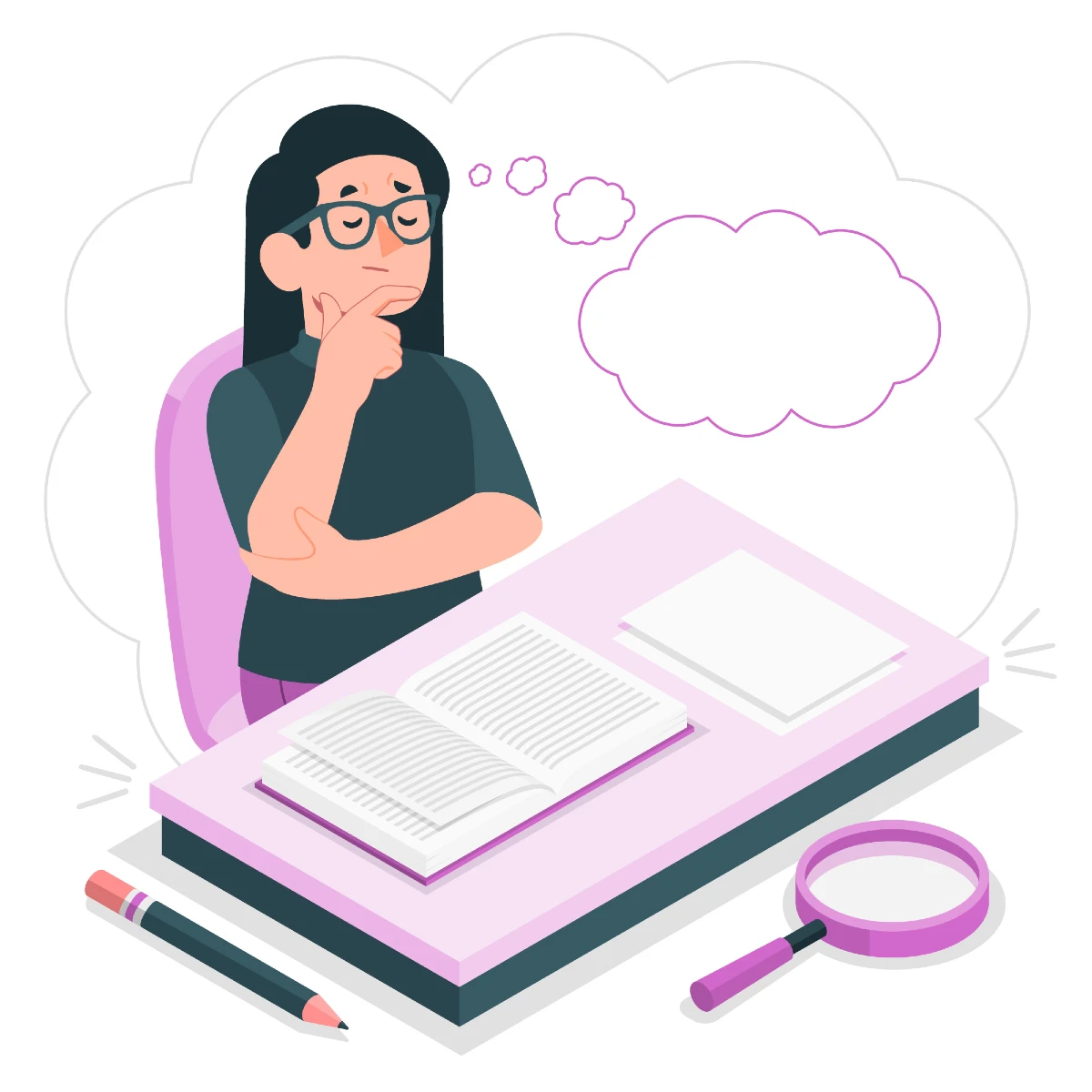During Phase 2, I have learned how to organize my writing regarding: paragraphs and how to convey my message through each paragraph. Before this phase, I rarely used paragraphs in my writing which caused a lot of confusion when people read my writing. I used words in a fashion that I usually hesitate to use in my writing. I learned to write formally and that helped me develop my language and literacy skills.
I often notice that I can’t fully grasp the topic of rhetorical situations. I know how to look for logos, pathos, and ethos, which can be effective, but not when you are looking for a more in-depth analysis of someone’s work. Although, it may seem that I never figured it out, I did and it helped me look at my peer’s writing in a different view. When I usually read someone’s paper, I read it without understanding, never from an analytical standpoint. I learned different genres to look out for when I read different pieces of texts. I grew a fondness for reading when I realized that it’s not so boring when you are looking for something. When asked, “What is the purpose of this text?”, I give a quick-witted answer, because it is a question that gives a text substance. It helps a piece become extraordinary and memorable.

I appreciated writing for my audience, people who enjoy reading formal language, because they wouldn’t throw my essay to the side, but would give me tips on how to improve my writing. I like an audience that critiques my work without sugarcoating the realities of my writing style. My writing has become sacred because I usually don’t like to write, but if I can write in a storytelling, formal fashion then I would write pages and pages. My perspective of language is a bit different than where I come from, because in my household my mom usually speaks in a formal manner and then she would proceed to teach me to speak in the same way. Once, I got older, it started to change. Starting middle school, I learned what different slang words are and how other people in my community prefer to speak. I adapted that language and can’t seem to escape it. Realizing this, helped me to “Examine how attitudes towards linguistic standards empower and oppress language users.”
Writing Sophia’s paper caused me to review and write a paper on such short notice. I had to point out the different ways that she wrote using character traits and tone words. Finding these words were the starting point to figure out who her audience is and what was the purpose of her paper. It became crucial when I didn’t know how to start my essay, but using the rhetorical strategies I had learned, really lightened the load. I used setting, context, evidence, genre, and exigence to create a lasting impression to my audience about who Sophia is. The essential strategies I focused on were: genre and evidence. I needed to know what elements a personal narrative consisted of and how the evidence found can be used to support the purpose of her narrative. Learning how to break down a text into different components created a new meaning on how to “Explore and analyze, in writing and reading, a variety of genres and rhetoric strategies.”

